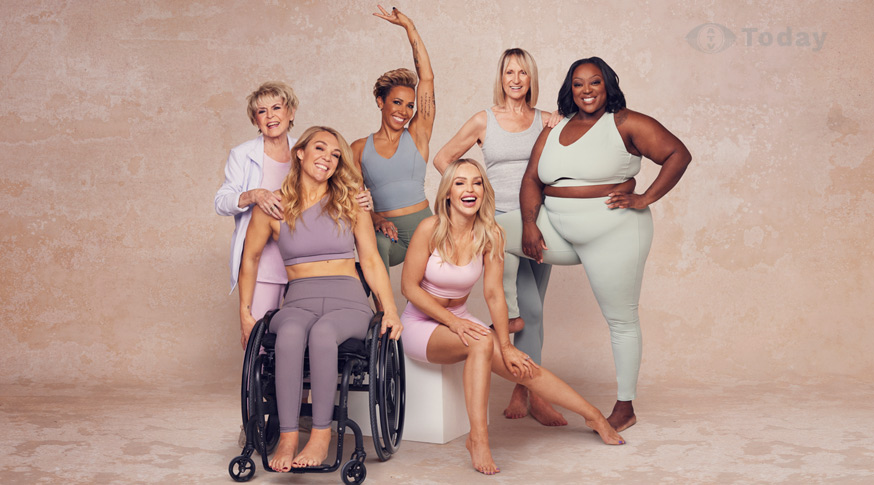Women are embarrassed when talking about their own bodies with more than a fifth (21 per cent) – even whispering or using a lowered voice – to order intimate products from behind the counter.
The UK’s biggest ‘vagina study’, of 5,000 women, found they feel uncomfortable discussing anything to do with their private parts and 30 per cent would prefer to turn to the internet for advice rather than a healthcare professional. While 42 per cent would be mortified talking about private matters with close friends, whether that’s discharge, STI’s or common medical problems like thrush or bacterial vaginosis.
And 74 per cent think females are taught from an early age to hide their experiences, and ‘be discreet’ when referencing anything to do with their bodily functions.
Dr Shazia Malik, consultant obstetrician and gynaecologist, who is working with women’s intimate healthcare brand Balance Activ:
“It’s clear there is a lack of education about intimate health from a young age, leading women to feeling too embarrassed to even consult a healthcare professional. Some things need to change and we can start doing this now by educating ourselves and others.
“It’s really important for women to be able to spot the signs of any changes in the vagina or vulva, which is why it’s great that there are tools and support out there to help and encourage women to speak more openly.”
The study found those aged 45-55 even have a ‘name’ for their lady bits (28 per cent) and prefer using that over vagina or vulva. And even though seven in 10 know what they go through is completely natural, they’d rather minimise it as much as possible. While younger women aged 18 to 24 said while they learnt a little about their biology at school (47 per cent), more than half (57 per cent) feel clueless about what their body constantly throws at them.
Just under half (46 per cent) believe there is a stigma around talking about your private parts because there is fear of being judged, 40 per cent think it’s embarrassing and 39 per cent said it’s because their parents didn’t talk about it enough.
And of those who would never ask for intimate products over the counter, 46 per cent said they’d prefer to order online instead, 40 per cent think there is a lack of privacy when buying from a shop while a further 39 per cent feel embarrassed or ashamed to do so.
But more than three in 10 (31 per cent) feel uncomfortable seeking help for their private parts when they’re experiencing discomfort. And following this, 44 per cent said they aren’t confident in knowing what the symptoms are for bacterial vaginosis. However, 76 per cent believe they would be able to identify thrush.
A quarter of ladies aged 25-34 would miss work if they were experiencing a strong vaginal odour, compared to just 16 per cent of those aged 45-54, according to the OnePoll.com data.
In February this year ITV’s Loose Women launched its 2023 Body Stories campaign to celebrate body diversity and highlight the importance of representation, as 75 per cent of viewers admit they avoid looking in the mirror because of how it makes them feel about their body.
This year’s ‘Celebrating Every Body’ campaign sees a host of the UK’s most recognisable female faces and Loose Women panellists take part in an inspiring Body Stories photo shoot for the first time, as well as candidly share their own body stories.
Loose Women Editor Sally Shelford:
“Loose Women’s Body Stories campaign was originally launched in 2017 to inspire and promote body confidence for all of our viewers. We are so proud that it is returning for International Women’s Day with a powerful, joyful shoot and an equally powerful message on the importance of celebrating and seeing body diversity.”











